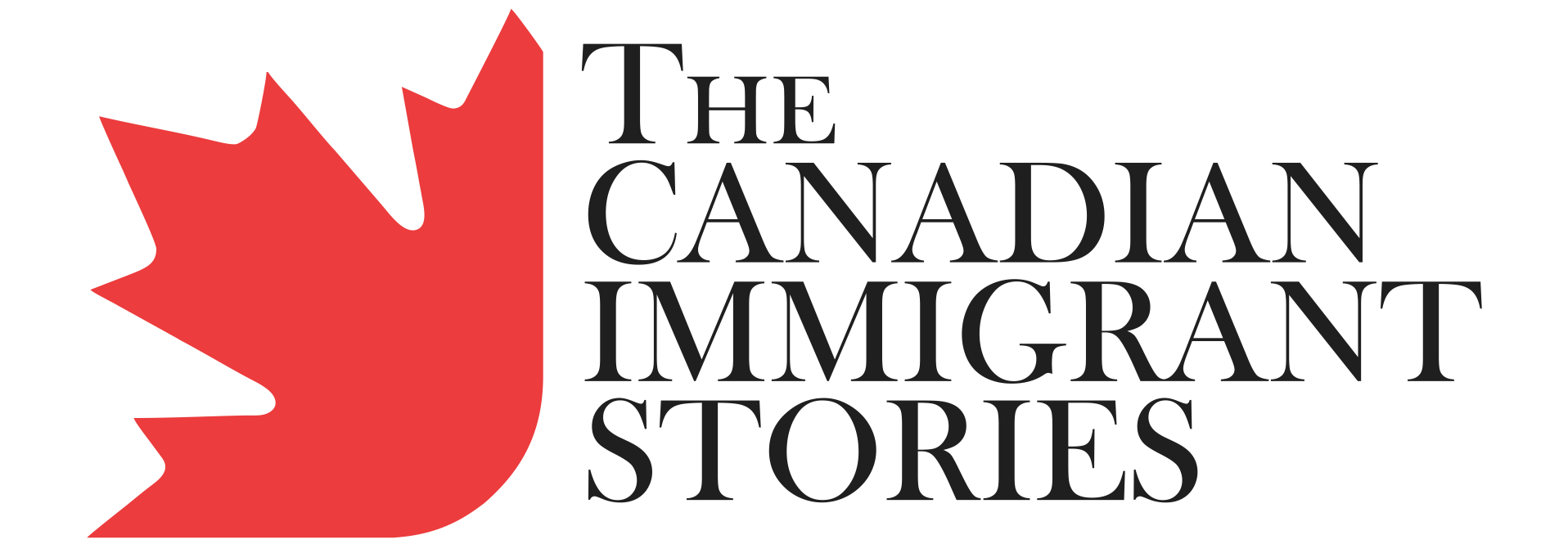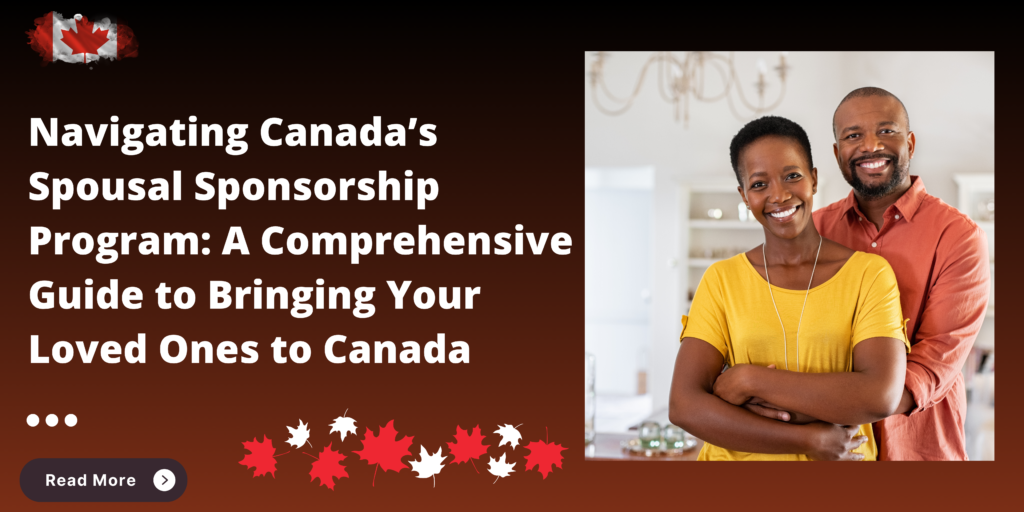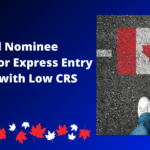Canada’s spousal sponsorship program is a crucial pathway for Canadian citizens and permanent residents to reunite with their loved ones from abroad by granting them permanent residency (PR). Whether you’re looking to sponsor a spouse, common-law partner, or conjugal partner, understanding the details of this program is essential for a successful application.
Understanding the Spousal Sponsorship Program
The aim of Canada’s spousal sponsorship program is to keep families together and allow Canadians to build their lives in Canada with their partners. Recent updates include the implementation of two new automation tools designed to streamline the process of sponsoring a spouse, common-law partner, or conjugal partner.
This guide covers everything you need to know: the distinctions between common-law and conjugal partners, eligibility criteria, financial obligations, necessary documents, application steps, and what to do if your application is refused.
Categories of Relationships
The spousal sponsorship program recognizes three main relationship categories:
- Spouses: Legally married partners.
- Common-Law Partners: Partners who have lived together in a conjugal relationship for at least 12 consecutive months.
- Conjugal Partners: Partners who have been in a committed relationship for at least one year but are unable to live together due to external circumstances, such as immigration barriers.
Understanding which category your relationship falls into is vital for a smooth application process.
Common-Law vs. Conjugal Partners: What’s the Difference?
Common-Law Partners are those who have cohabited in a conjugal relationship for a minimum of 12 consecutive months. Evidence of cohabitation, such as shared leases or joint bank accounts, is required to prove the relationship.
Conjugal Partners are in a committed relationship for at least one year but cannot live together due to factors beyond their control, like immigration restrictions or cultural reasons. Unlike common-law partners, conjugal partners don’t need to provide proof of cohabitation but must demonstrate a genuine relationship.
Basic Eligibility Criteria
To sponsor someone, both the sponsor and the sponsored person must meet certain requirements:
For the Sponsor:
- Status: Must be a Canadian citizen, permanent resident, or registered Indian.
- Age: Must be at least 18 years old.
- Residency: If a permanent resident, must reside in Canada. Canadian citizens living abroad must show their intention to return to Canada.
- Financial Ability: Must not be receiving social assistance (except for disability) and must show the ability to support the sponsored person.
- Previous Sponsorship: Should not have been sponsored as a spouse within the last five years or be in default of any previous sponsorship obligations.
For the Sponsored Person:
- Relationship Status: Must be a spouse, common-law, or conjugal partner of the sponsor.
- Age: Must be at least 18 years old.
- Genuine Relationship: The relationship must be genuine and not primarily for immigration purposes.
- Admissibility: Must not be inadmissible to Canada on grounds such as criminality or health issues.
Financial Undertaking: What You Need to Know
Sponsoring a partner involves a financial commitment to support their basic needs, including food, clothing, shelter, and any additional healthcare not covered by public health services.
Duration of Financial Undertaking:
- Spouse or Common-Law Partner: 3 years from the date of becoming a permanent resident.
- Dependent Child: 10 years or until the child turns 25, whichever comes first.
Even if the relationship ends, the financial undertaking remains in effect for the full duration.
Required Documents for a Strong Application
A well-documented application is crucial for success. Here’s a list of key documents needed:
For the Sponsor:
- Proof of Canadian status (passport, citizenship certificate, or permanent resident card).
- Proof of financial ability (tax assessments, pay stubs, bank statements).
- Documents related to any previous sponsorship undertakings.
For the Sponsored Person:
- Proof of relationship (marriage certificate, evidence of cohabitation, or proof of a committed relationship).
- Identity documents (passport, birth certificate).
- Police certificates from countries where the person has lived for more than six months.
- Medical examination results from an approved physician.
- Photos, communication records, and affidavits to demonstrate the relationship’s genuineness.
How to Apply for Spousal Sponsorship
Step 1: Gather Documents
Collect all required documents for both parties, ensuring accuracy and completeness.
Step 2: Complete Application Forms
Fill out the necessary forms, including IMM 1344 (Application to sponsor), IMM 5533 (Document checklist), IMM 0008 (Generic application form), IMM 5669 (Schedule A), and IMM 5406 (Additional family information).
Step 3: Pay Fees
Application fees include:
- Sponsorship fee: CAD $85
- Principal applicant processing fee: CAD $545
- Right of permanent residence fee: CAD $575
- Biometrics fee: CAD $85
- Dependent child fee: CAD $175 per child
Fees should be paid online, and proof of payment must be included.
Step 4: Submit Application
Submit the completed application online and keep copies for your records.
Step 5: Await Processing
Processing times vary but generally take about 12 months. Be prepared for additional requests or interviews.
What If Your Application Is Refused?
If your application is refused, review the reasons provided and consider your options:
- Reapply: If the refusal was due to missing documents or insufficient evidence, reapply with a stronger case.
- Appeal: Appeal to the Immigration Appeal Division (IAD) within 30 days of receiving the refusal letter.
- Judicial Review: Request a judicial review by the Federal Court of Canada if you believe there was a legal or procedural error.
Each option has specific procedures and timelines, so seek legal advice if necessary.
Canada’s spousal sponsorship program offers a valuable opportunity for families to reunite. By understanding the process and requirements, you can navigate the application with confidence and increase your chances of success.



